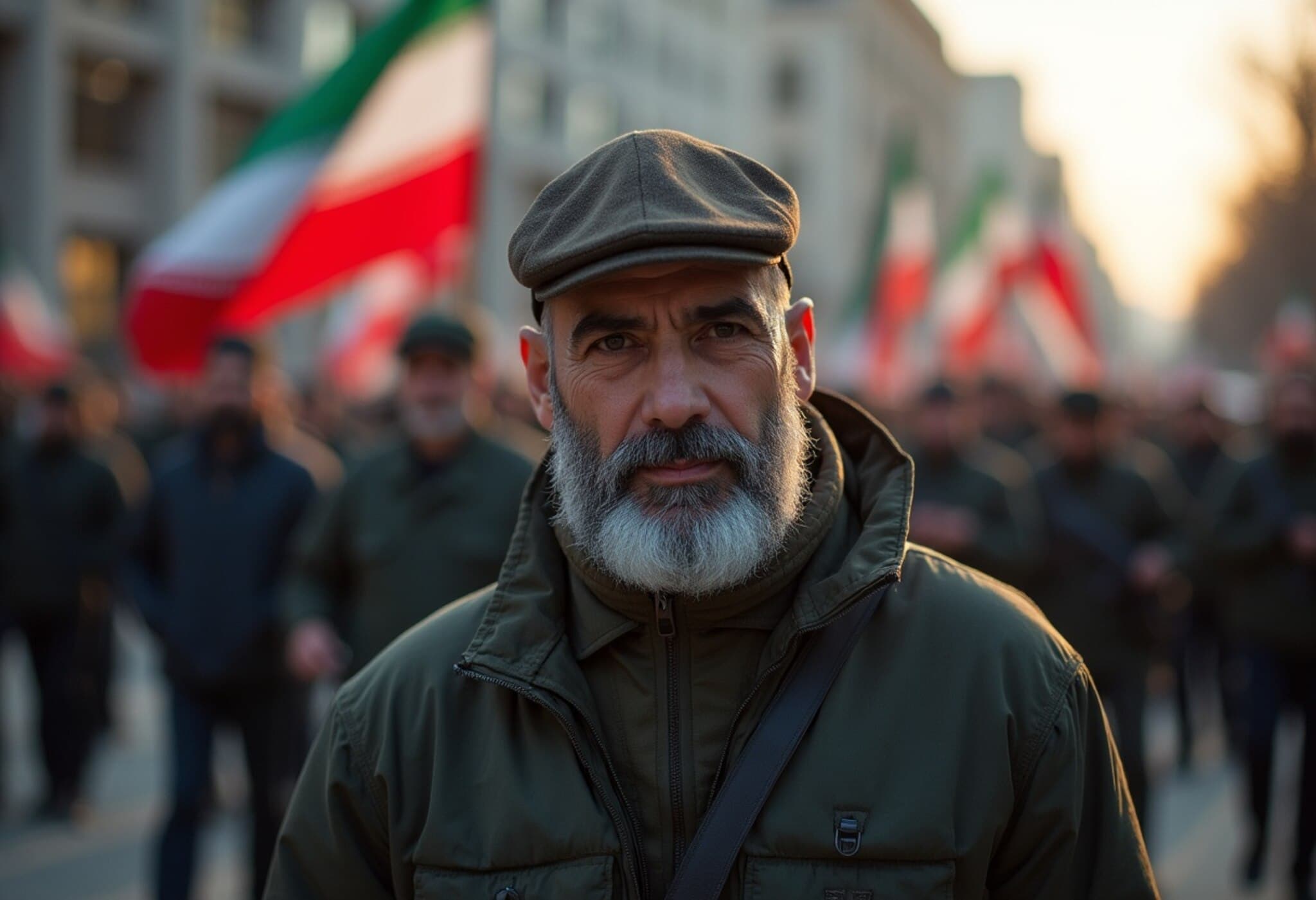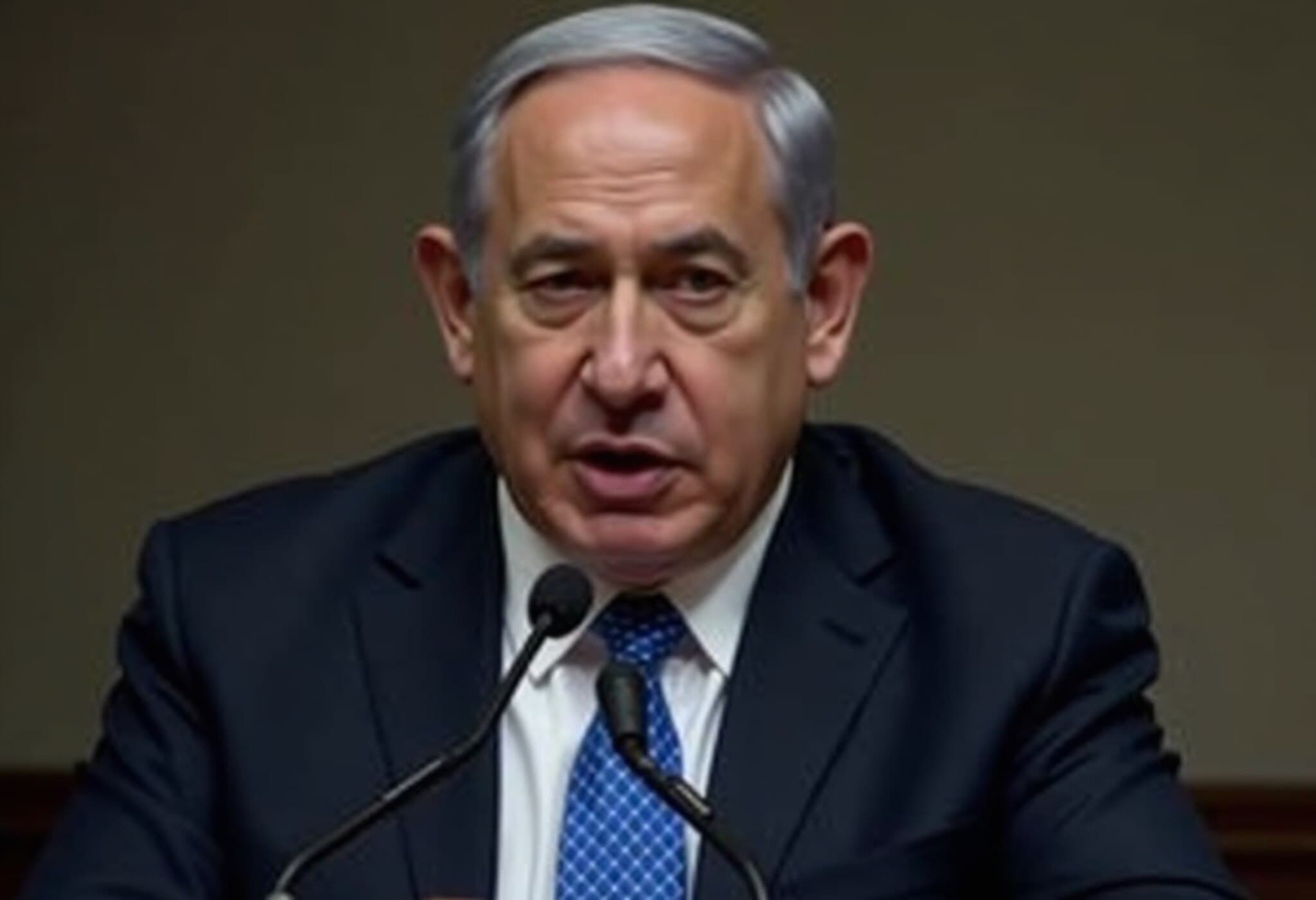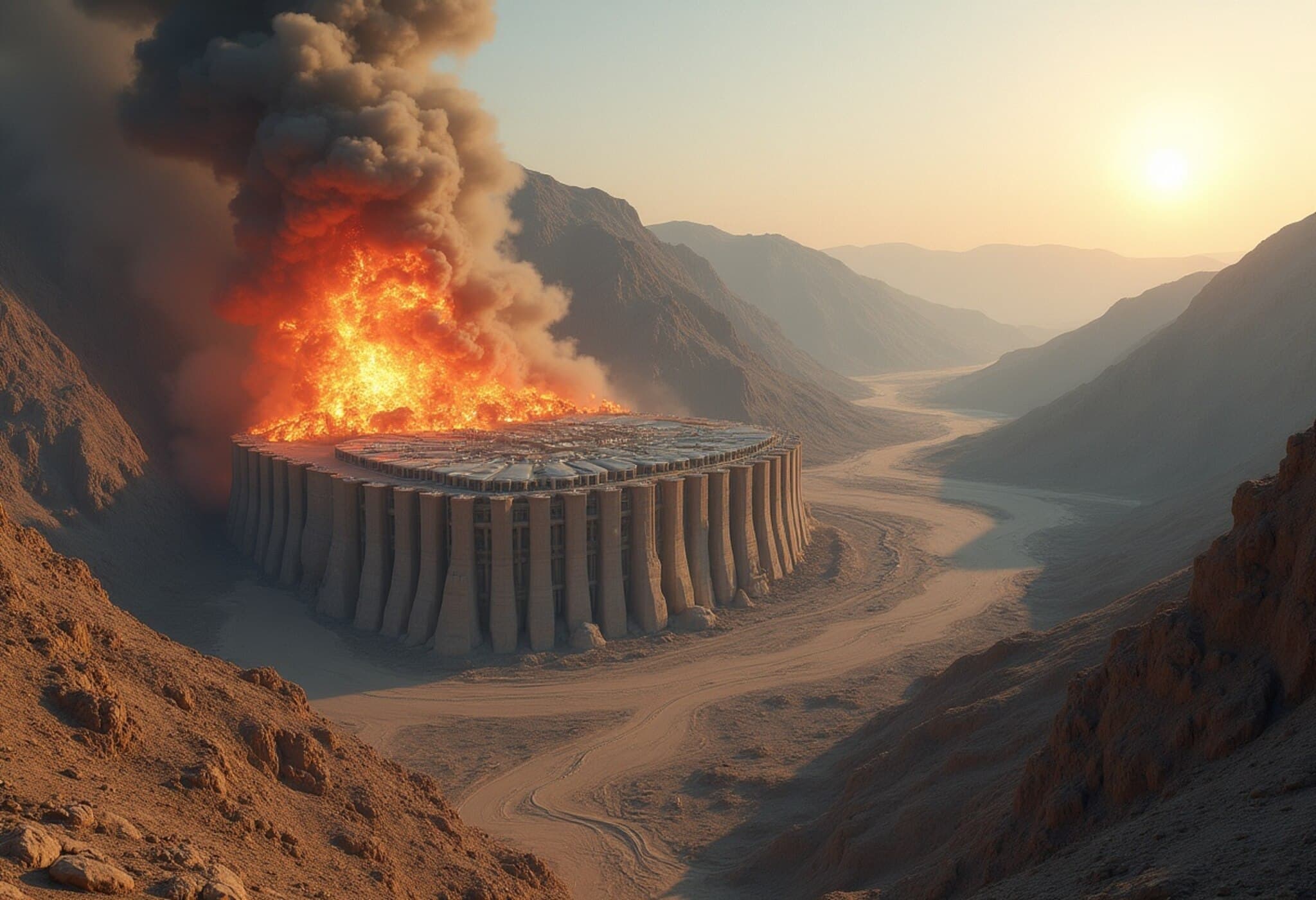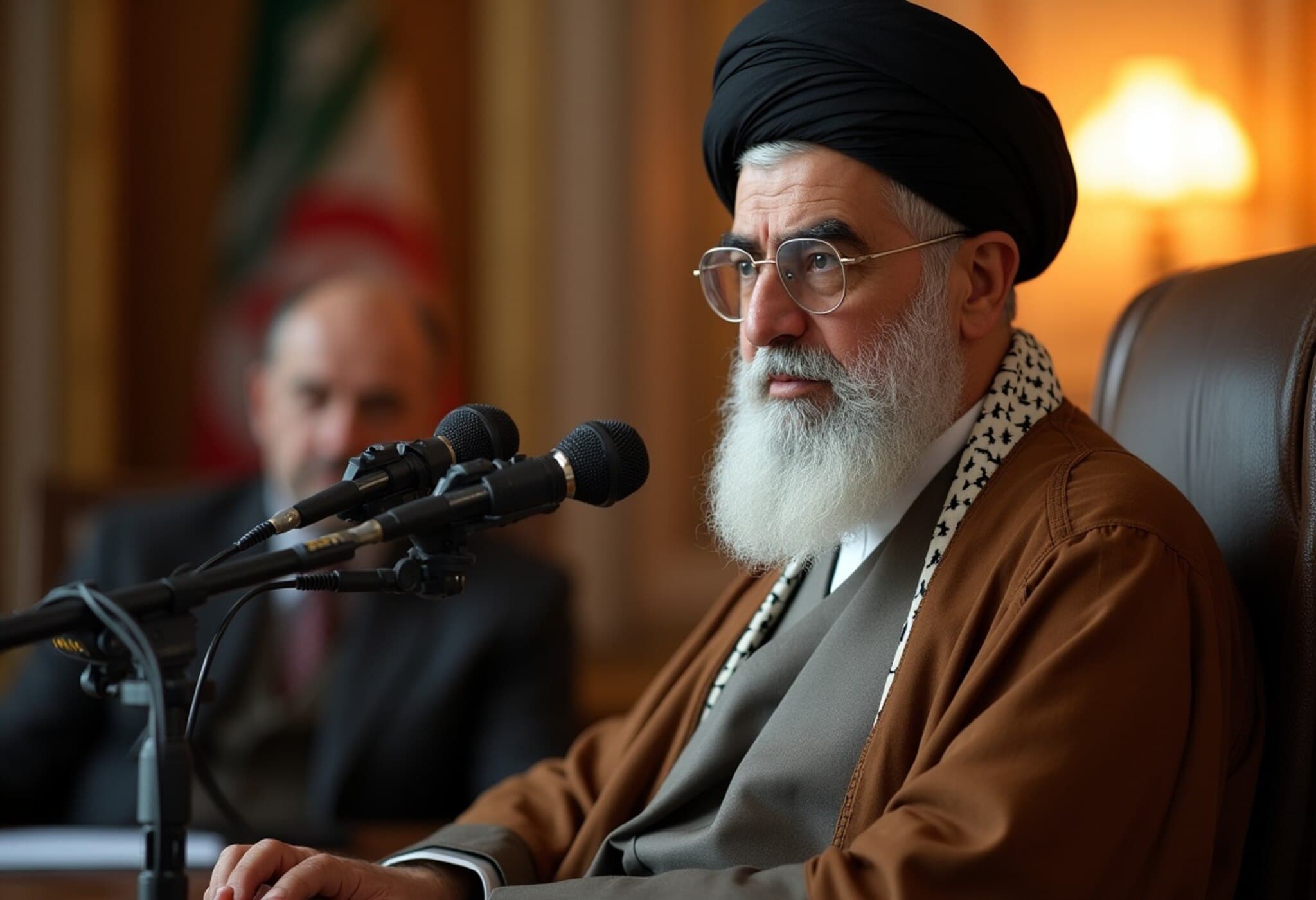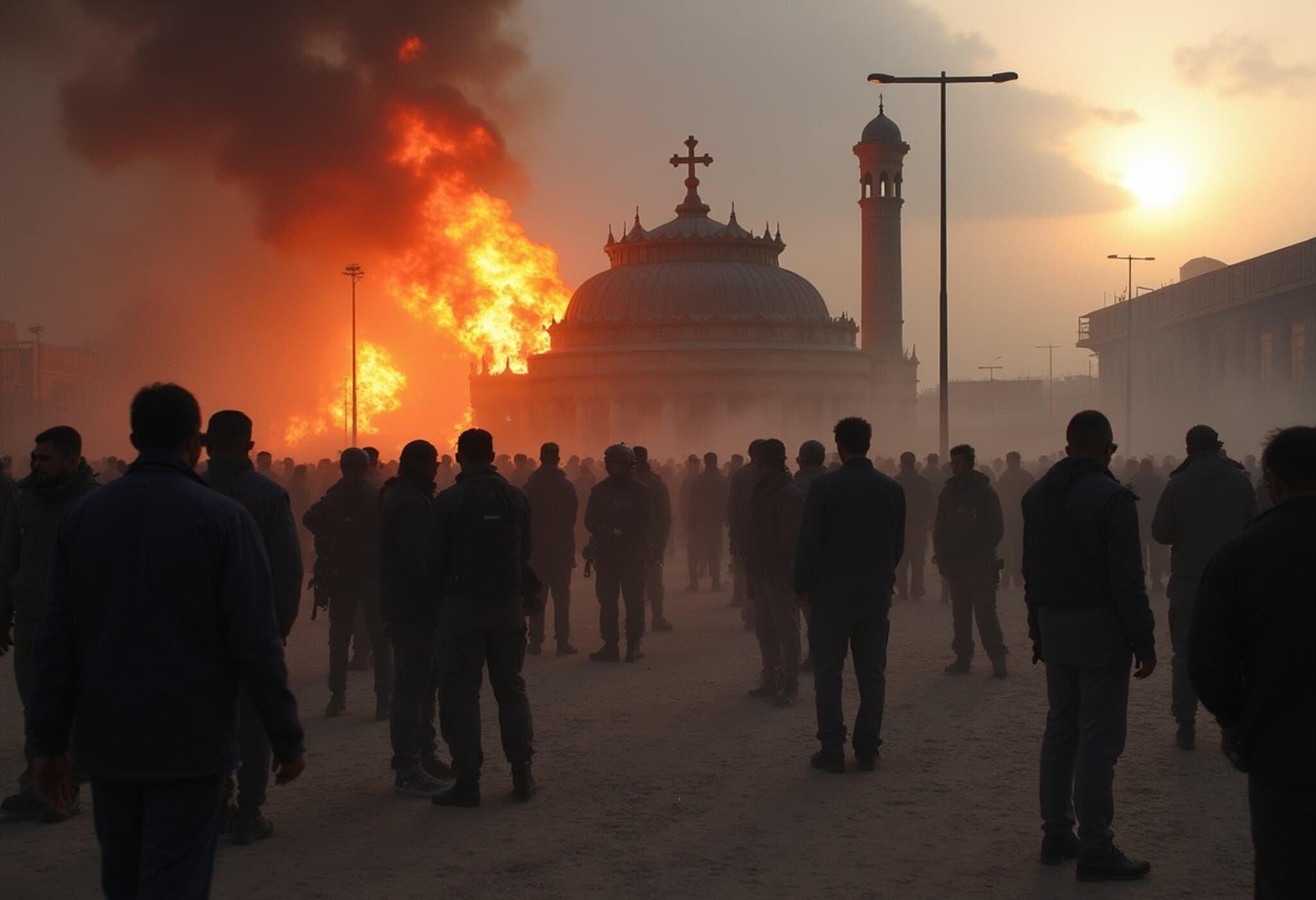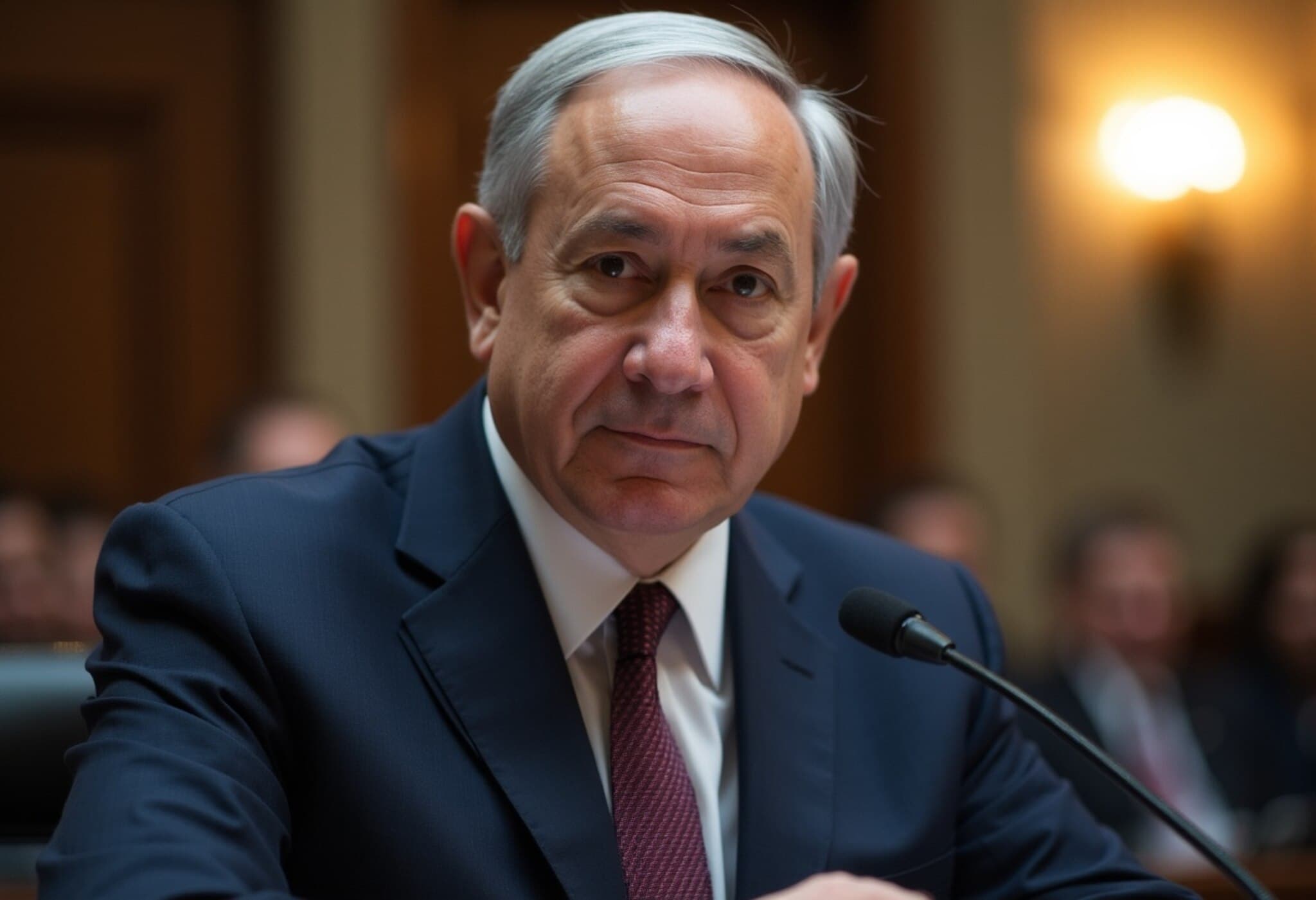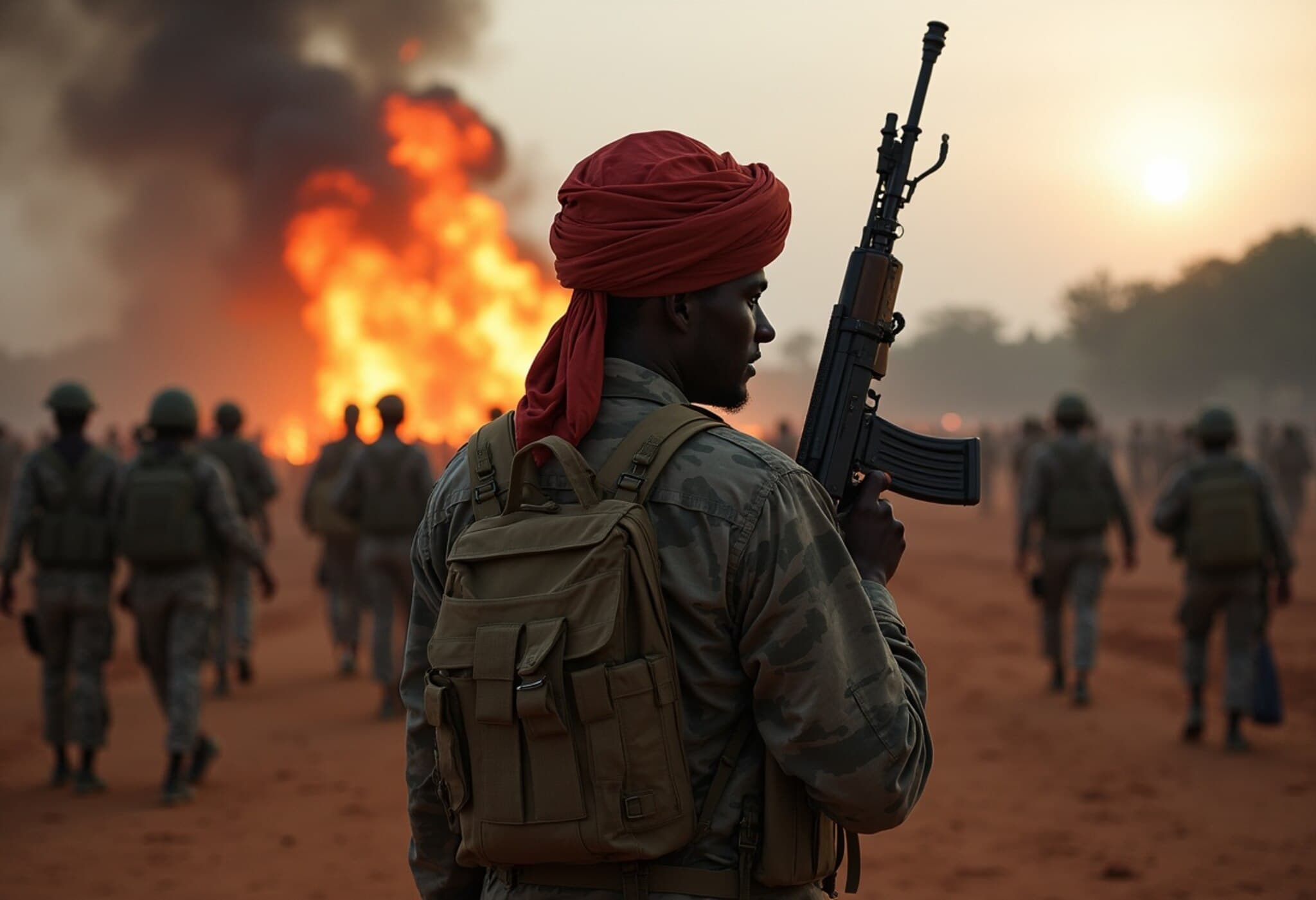Iran Executes Two Opposition Members Accused of Targeting Civilians
In a move that underscores Tehran’s ongoing crackdown on dissent, Iranian authorities announced on Sunday the execution of two men connected to the exiled opposition group Mujahedeen-e-Khalq (MEK). Behrouz Ehsani Eslamlou and Mehdi Hasani were convicted of orchestrating attacks against civilian and government infrastructure using improvised mortars, according to the judiciary’s official news outlet, Mizan Online.
Details on the Accused and Their Alleged Activities
Eslamlou, who reportedly had ties to MEK since the 1980s and served prison time before rejoining the group, was apprehended while attempting to cross into Turkey with weapons and equipment, including firearms, ammunition, and disguise materials. Prosecutors allege that the men’s actions were coordinated under instructions from MEK leaders based in Albania, aiming to establish covert militant cells inside Iran.
Semi-official news source Tasnim reported that Eslamlou was involved in recruiting, training, and executing operations targeting both civilian neighborhoods and government properties. Both men were charged with a range of serious offenses such as waging war against the state, conspiracy, sabotage, and membership in a terrorist organization.
Context: The Mujahedeen-e-Khalq's Complex History
The MEK has a long and contentious history with Iran. Initially opposing the Shah's regime and supporting the 1979 Islamic Revolution, the group later turned against Ayatollah Khomeini’s government. During the 1980s, the MEK was responsible for several deadly bombings and assassinations and controversially allied with Saddam Hussein in the Iran-Iraq War, a fact that continues to fuel deep hostility towards them within Iran.
Today, the MEK operates primarily from Albania but claims to maintain an underground network inside Iran. Iran views the group as a significant internal security threat, and incidents like these executions highlight Tehran’s commitment to dismantling what it sees as destabilizing opposition forces.
Legal and Human Rights Perspectives
These executions raise broader questions about due process and human rights in Iran’s judicial system. International observers have often criticized Iran's courts for opaque procedures, especially in politically charged cases involving charges like ‘waging war against the state.’ The use of capital punishment in such cases remains a deeply controversial issue, provoking condemnation from global human rights organizations.
Implications for US-Iran Relations and Regional Security
From a geopolitical perspective, the MEK’s history and its condemnation by Tehran continue to complicate the regional security landscape. The United States has designated MEK as a foreign terrorist organization in the past but has also provided platforms for MEK leaders in exile, creating a nuanced and sometimes contradictory posture.
These latest developments could affect diplomatic dialogues related to Iran's internal security and human rights records, elements that weigh heavily on the broader US-Iran relationship and ongoing discussions about stability in the Middle East.
Editor's Note
Iran's execution of two men linked to the Mujahedeen-e-Khalq highlights the intersection of internal security, human rights, and geopolitical tensions. While the government frames this as a fight against terrorism, questions remain about judicial transparency and the broader implications for political dissent. As the MEK continues to occupy a contentious space in Iran’s political narrative, understanding the human stories and regional ramifications behind these headlines is crucial for a nuanced view of Middle Eastern affairs.

